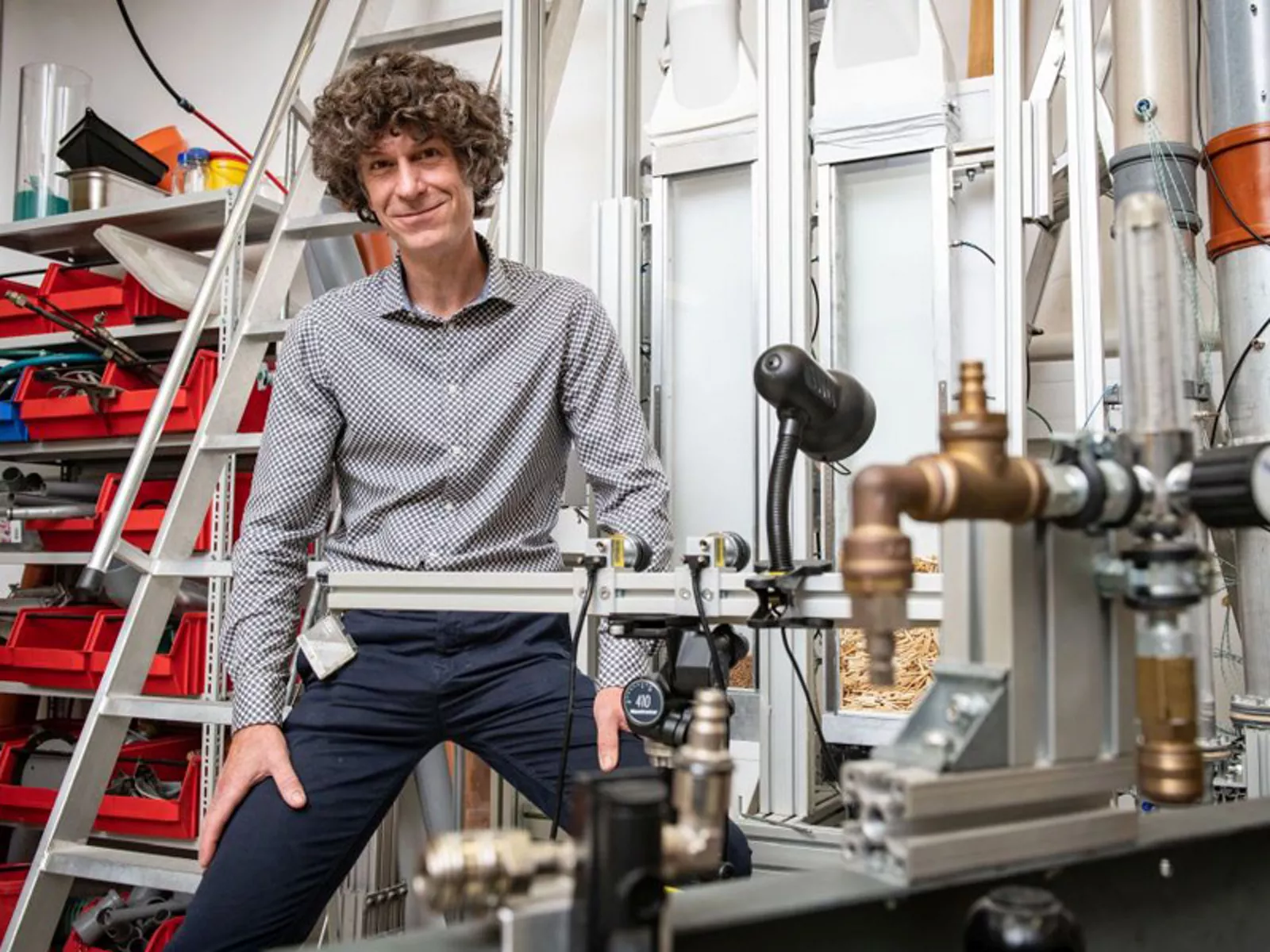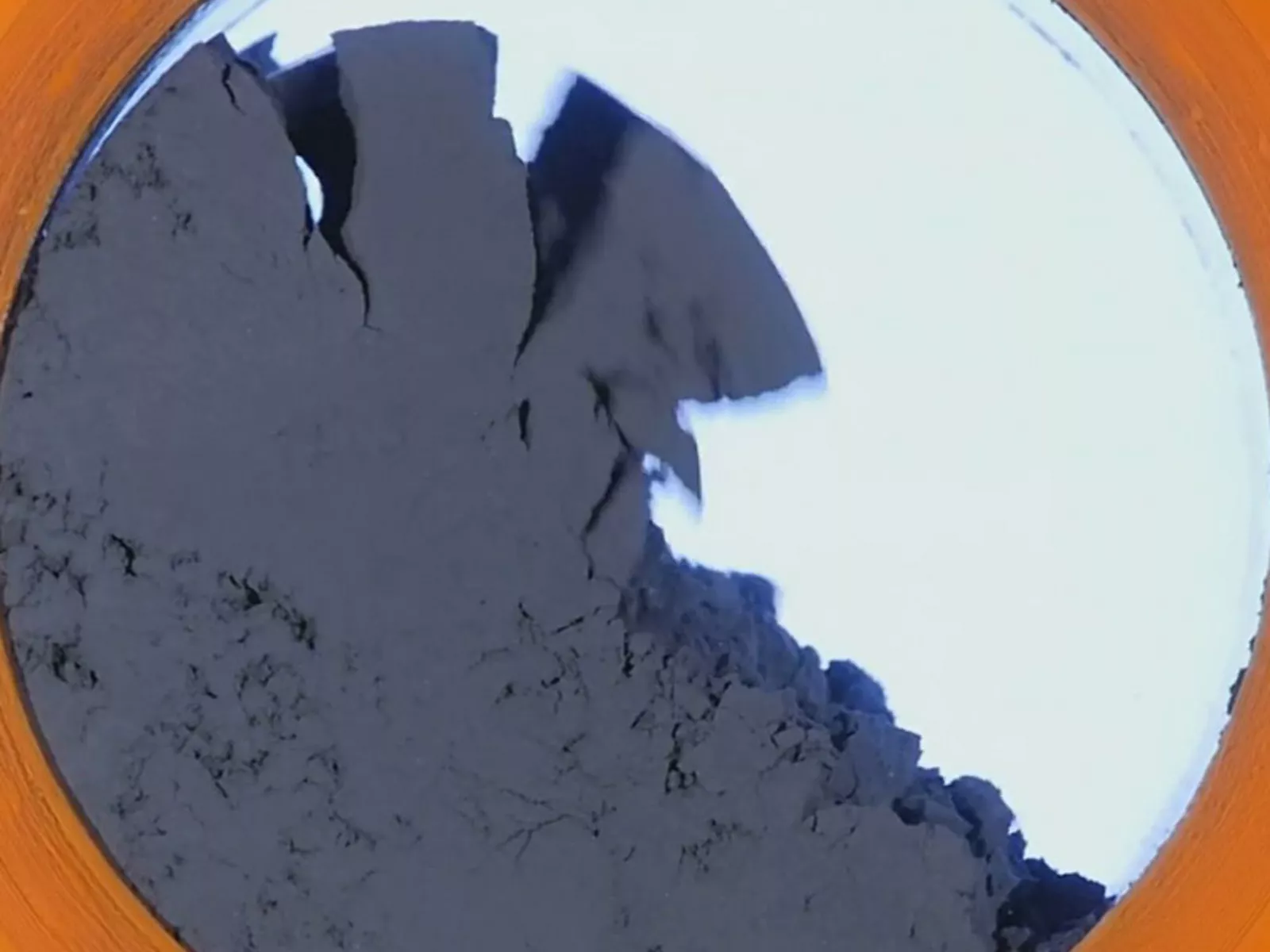
Pirker and his team develop (digital) models which can be used to calculate and observe various flows as well as the flow characteristic of the smallest particles in real time. These models are used around the world, from NASA where they are used to research the motion of the Mars robot Curiosity, to Florida, where drift flows in the ocean are calculated. Plansee researches and improves the flowability of metal powders. And Utrecht University models the spread of viruses among people while in motion with the goal of being able to direct visitors at large events so that the probability of infection remains low.
"Prof. Pirker closely examined the flow characteristics of our metal powders in his CD laboratory in order to model the particulate flows. His findings were vital as they enabled us to continue to improve the quality of our sintered products," says Dr. Arno Plankensteiner, who is responsible for research and development at Plansee. Plansee products made of molybdenum and tungsten make progress possible in high-tech industries such as medicine, electronics, and semiconductors.


